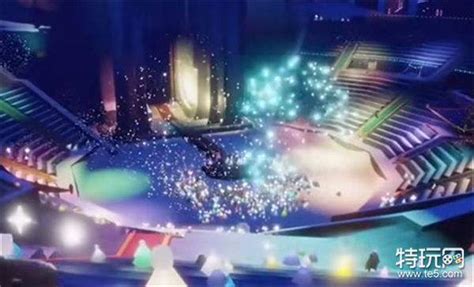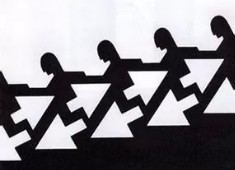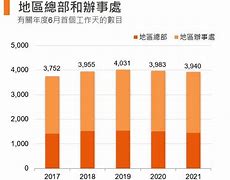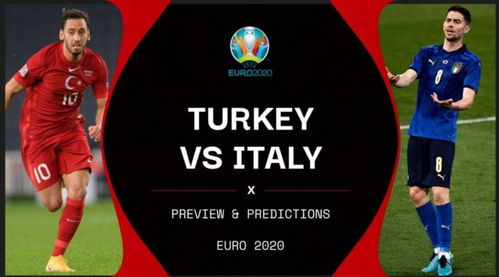Title: Duration of the UEFA European Championship
The UEFA European Championship, commonly referred to as the Euros, is a prestigious football tournament held every four years, showcasing the best national teams from Europe. Since its inception in 1960, the tournament has evolved significantly in terms of format, duration, and popularity. Let's delve into the timeline and duration of this renowned sporting event.
Evolution of the UEFA European Championship:
The UEFA European Championship has undergone several transformations since its inception:
1.
19601976:
The inaugural editions of the tournament featured a straightforward knockout format with only four teams participating. The entire tournament was completed within a few weeks.
2.
19801992:
The tournament expanded to eight teams, allowing for a more comprehensive competition. However, it still followed a knockout format with limited matches.
3.
19962012:
The Euros saw further expansion, with the number of participating teams increased to 16. This expansion led to the introduction of group stages followed by knockout rounds, prolonging the duration of the tournament.
4.
2016Present:
The most recent editions have maintained the format introduced in 1996, with 24 teams participating. This format ensures a more extensive and competitive tournament, spanning over several weeks.
Duration of the UEFA European Championship:
The duration of the UEFA European Championship varies depending on the format and the number of participating teams:
1.
Group Stage:
The tournament typically begins with a group stage where teams are divided into groups and play roundrobin matches against each other. The duration of the group stage varies but usually spans around two weeks.

2.
Knockout Stage:
Following the group stage, the top teams advance to the knockout stage, which includes roundof16, quarterfinals, semifinals, and the final. The knockout stage usually lasts for approximately two weeks.
3.
Total Duration:
Taking into account both the group stage and the knockout stage, the entire duration of the UEFA European Championship ranges from three to four weeks.
Impacts and Recommendations:
1.
Increased Exposure and Revenue:
The extended duration of the UEFA European Championship allows for increased exposure for sponsors, broadcasters, and participating teams. This prolonged period of intense football action attracts a larger global audience, thereby generating higher revenues for all stakeholders.
2.
Player Welfare:
The extended duration of the tournament raises concerns about player fatigue and injury risks. National football associations and clubs must prioritize player welfare by implementing adequate rest periods and recovery strategies during and after the championship.
3.
Fan Engagement:
The prolonged duration of the tournament provides ample opportunities for fan engagement, both onsite and through digital platforms. Organizers should leverage various marketing and promotional strategies to enhance fan experiences and maximize attendance at matches.
4.
Infrastructure and Logistics:
Hosting an event of such magnitude requires robust infrastructure and logistical arrangements. Host countries must ensure seamless transportation, accommodation, and security arrangements to accommodate teams, officials, and fans throughout the tournament.
In conclusion, the UEFA European Championship, with its evolving format and prolonged duration, continues to captivate football enthusiasts worldwide. While the extended tournament duration presents various opportunities and challenges, effective planning, and strategic management are essential to ensure the success and sustainability of this prestigious sporting event.





